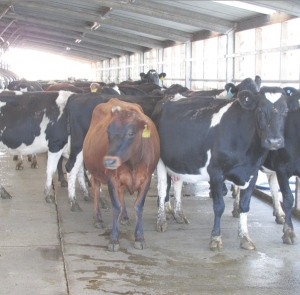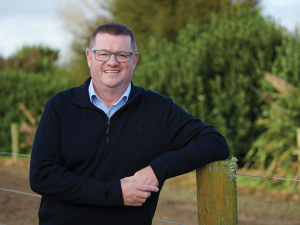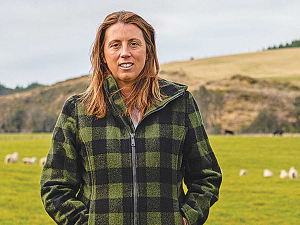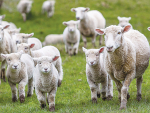Increased herd longevity, better milk yield, and reduced inputs and environmental impact are other benefits, they say.
“Most dairy breeding programmes select for milk production but the results of this study indicate that the cow’s conformation, particularly in terms of hoof health, also should be considered,” says Prof. Anita Oberbauer, lead author of the study published in the Journal of Dairy Science.
Oberbauer says lameness and hoof health are also animal welfare issues that can cause dairy producers to cull, or retire, cows early from their milking herds. As of 2011 at least 40% of California’s dairy cows were culled annually, and lameness was a top three reason for culling.
The 29-month study, conducted on three farms, correlated milk production with weekly observations of hoof health for more than 5,000 cows, including the visibly lame and dry cows.
Recorded lameness-related hoof conditions included white line disease, sole ulcer, other claw horn lesions, foot rot and foot warts.
Foot warts were the most prevalent ailment, affecting over 17% of cows. The research demonstrated a sizable genetic component to sole ulcer and foot warts, indicating breeding for reduced hoof disease will likely lead to measurable improvements.
The authors add that a breeding programme considering hoof-health traits would be unlikely to jeopardise milk productivity.
Oberbauer says more research now is needed to identify the specific genes or DNA regions that are responsible for hoof-health traits.

















